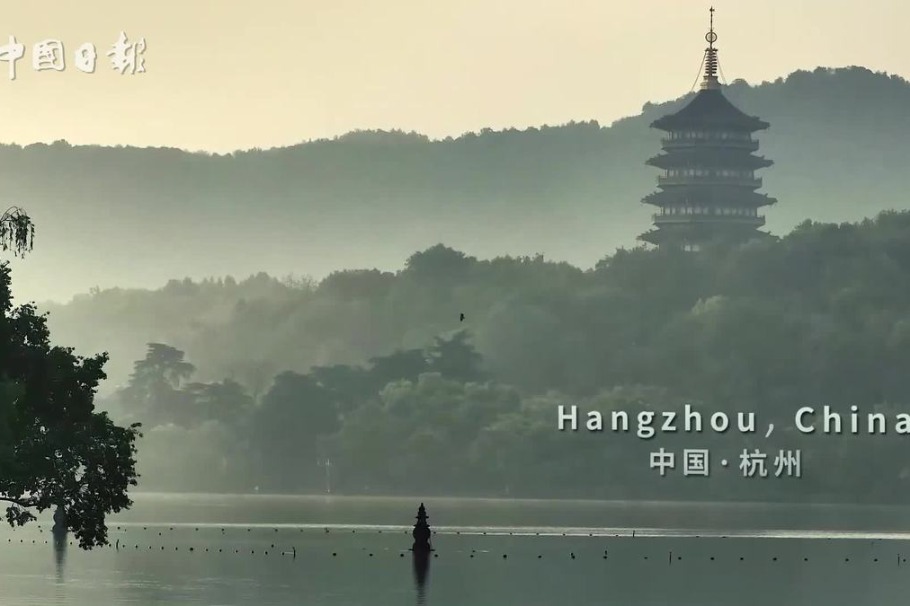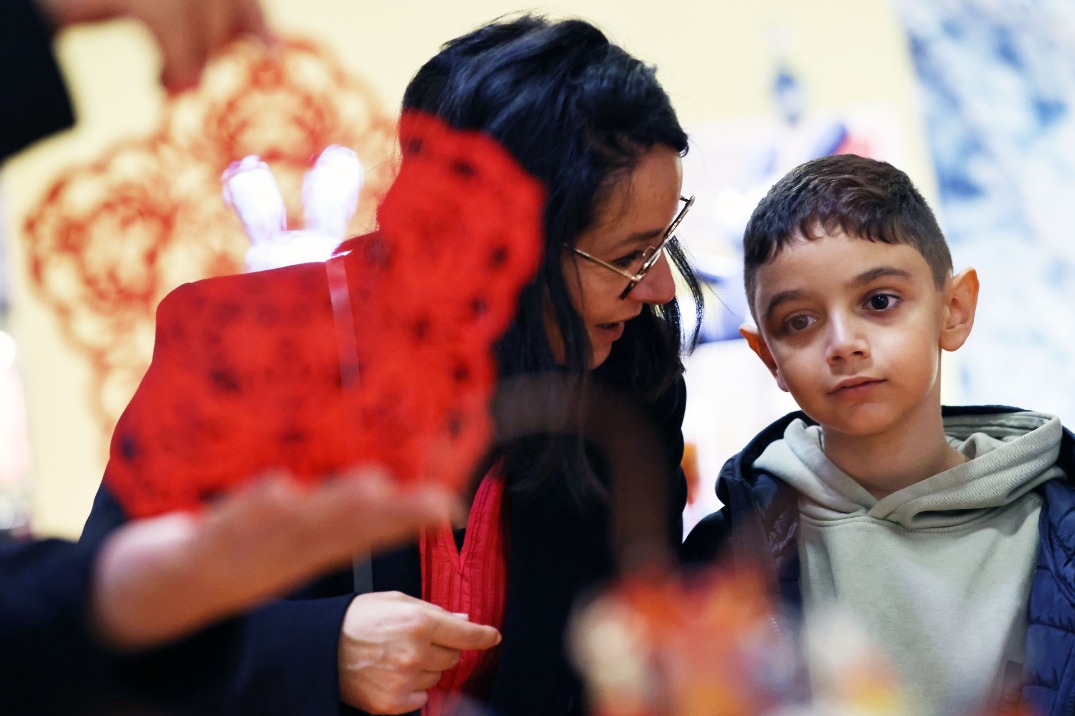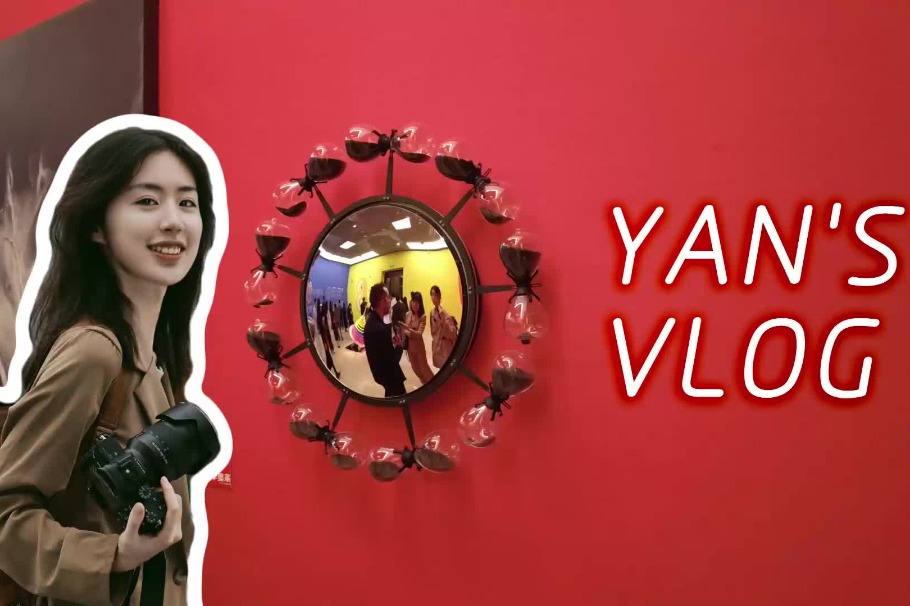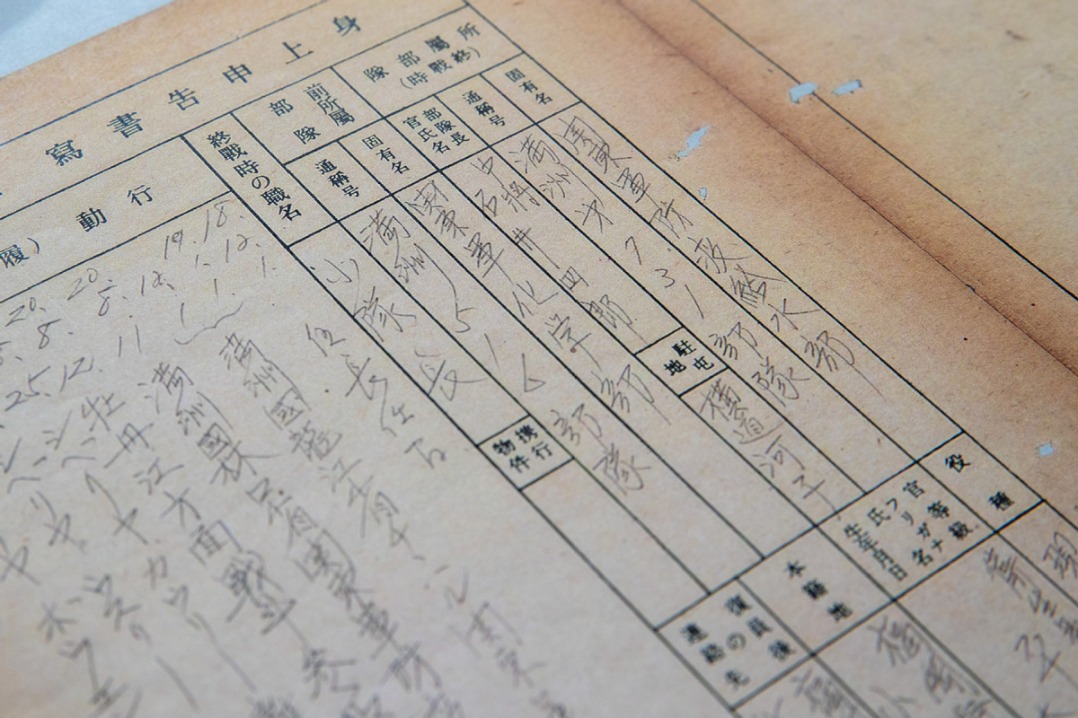Judge reserves decision in Huawei case
By Rena Li in Toronto | chinadaily.com.cn | Updated: 2020-01-24 12:44
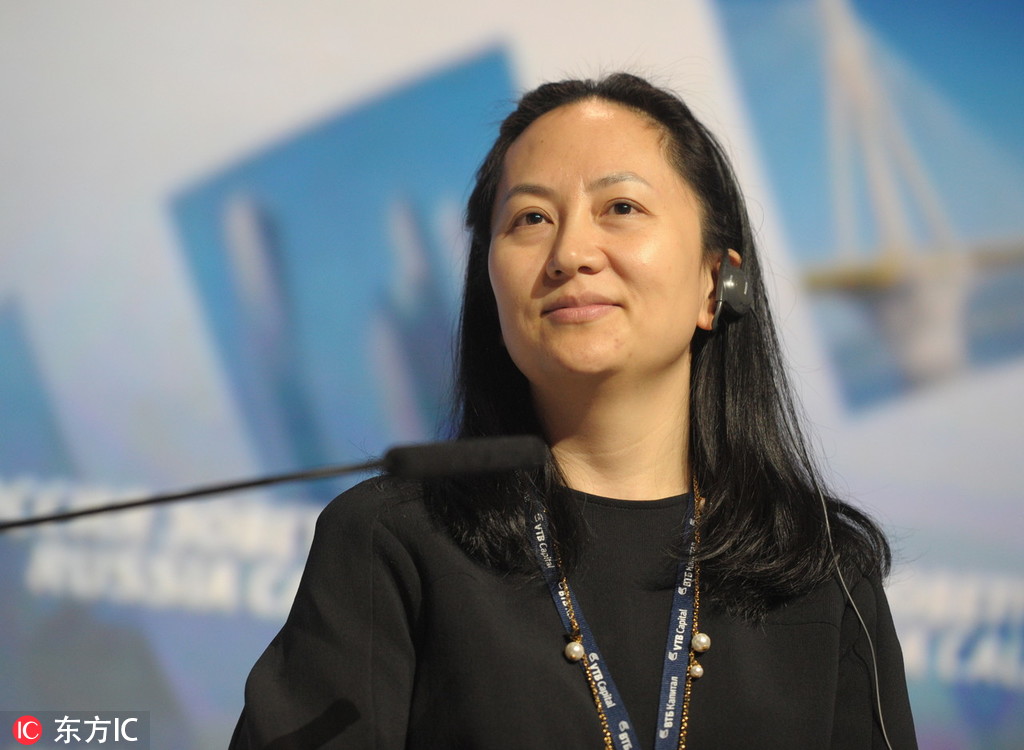
After four days of arguments, Canadian Judge Heather Holmes has decided to reserve judgement for a later date on the topic of double criminality in the extradition case of Huawei senior executive Meng Wanzhou.
Speaking on behalf of US authorities on Wednesday, Crown counsel Robert Frater told the judge that "fraud, not sanctions violations, is at the heart of this case. …Your job is to determine whether there is evidence before you capable of amounting to some evidence of the constituent elements of fraud."
Responding to the Crown on Thursday, Meng's defense lawyer Scott Fenton argued that the counsel has changed its arguments by speculating that HSBC could have lost business relationships if it were revealed to be doing business with Iran, regardless of sanctions.
Meng was arrested in December 2018 in Vancouver at the request of the US authorities, who alleged that Meng lied to HSBC about Huawei dealings with a former subsidiary accused of violating the US trade sanctions in Iran.
Meng, Huawei chief financial officer and daughter of the Shenzhen-based telecommunications company's founder, Ren Zhengfei, is living under house arrest in Vancouver. As part of a $10 million bail agreement, she wears a GPS monitoring bracelet and is followed by a team of security guards.
Richard Peck, another lawyer for Meng, countered the Crown by telling the judge that her interpretation of the law must be informed by values "enshrined in the Constitution".
According to the defense, the risk faced by the bank from the alleged fraud is solely linked to American sanctions law, not the more traditional laws usually dealt with in extradition cases.
Peck concluded his argument that Meng's case is unique because its risk of economic deprivation for the alleged victim (HSBC), is based solely on US sanctions, something that Canada "has roundly rejected".
"It's unique because of our repudiation of the exact law on which the case stands," he said. "This is the type of case that tests our system. It's a difficult case, but we say that right needs to be done."
Holmes reserved her decision after the defense concluded its reply, with no indication how long it might be before she issues a ruling.
As the first formal stage of the extradition process, the four-day hearing was held to determine if Meng's alleged conduct would amount to the principle of so-called "double criminality" for extradition.
If the judge rules the legal test of double criminality has not been met, Meng will be free to leave Canada. If she finds there is double criminality, the hearing will proceed to a second phase in June.
Canada lifted sanctions against Iran in 2016 after world powers signed a nuclear deal with the country. Canada has not followed suit after the US withdrew from the deal in 2018 and imposed sanctions again.
It was said that if the judge rules Meng should be extradited to face charges, Justice Minister David Lametti will still have the final decision on whether to surrender her to the United States.





